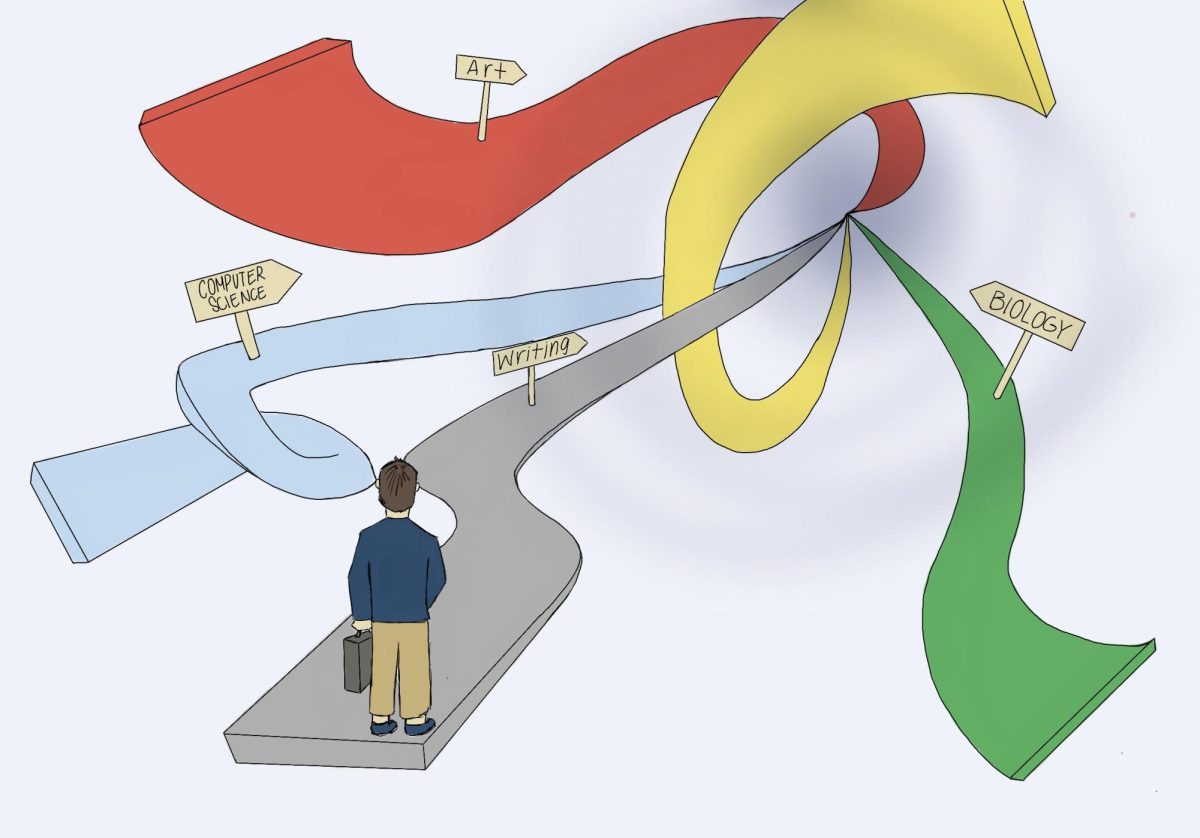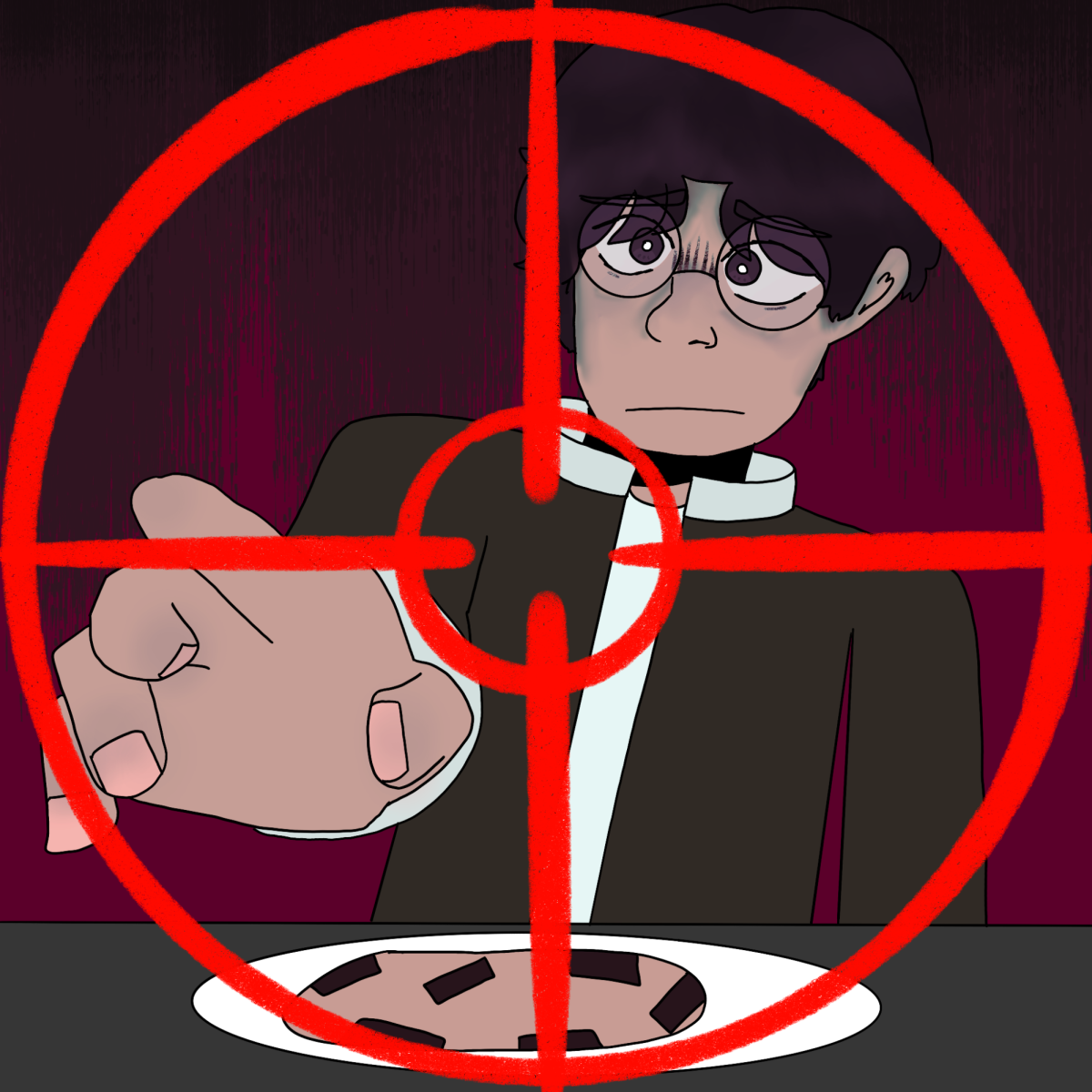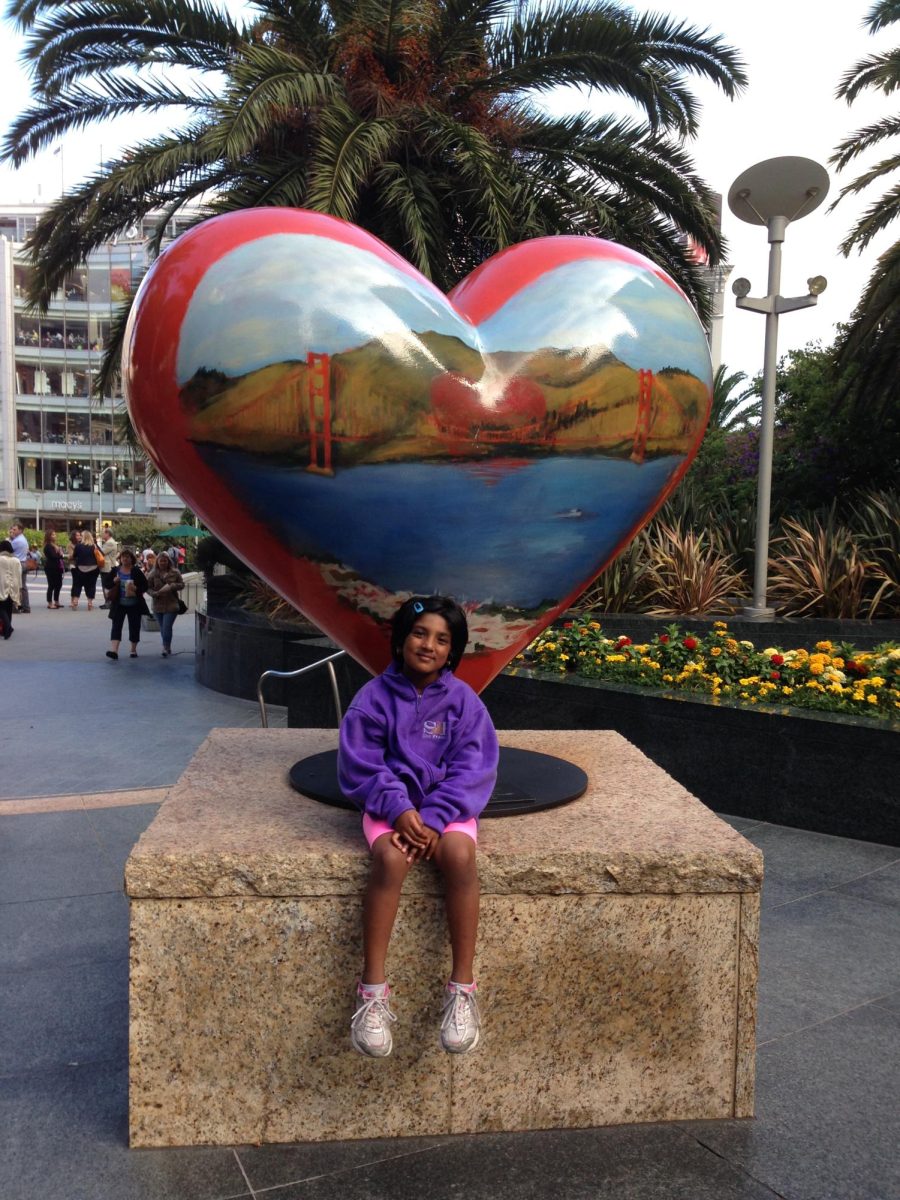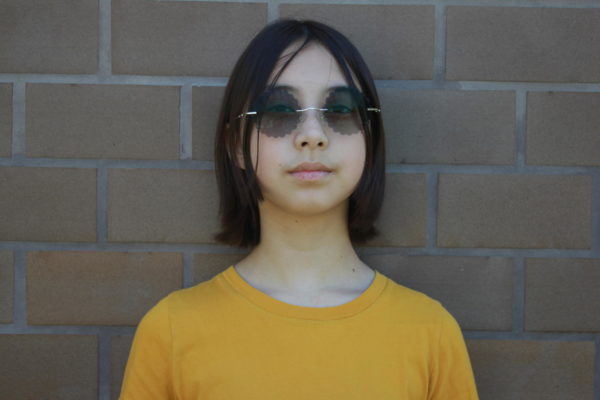“Increase awareness.” “You are not alone.” “I get it.” All the things we instinctively say in regard to the growing issues of mental health. However, it is infinitely harder to genuinely support a person when we are under the romanticized and misleading impressions of mental illness in the media.
In an age of technological developments and growing activism movements that advocate for mental health, it is easy for awareness to be replaced with romanticization. Instead of being a tool to help combat mental illness, the media is fueling the very thing it was meant to combat, making it so much harder for people to seek help.
Misrepresentation of mental illness can occur in numerous ways, whether it be downplaying it, or exaggerating it, neither of which portrays mental illness accurately. According to the World Health Organization, “mental health is a state of mental well-being that enables people to cope with the stresses of life, realize their abilities, learn well and work well, and contribute to their community.” Essentially, mental health is the core of our existence, but how do we define it as “good” or not? Everyone has their own meaning, depending on culture and societal standards. For me, it means being able to bounce back from something that happens to me with the support of my family and close friends. I don’t need or expect myself or anyone else to be happy all the time. It’s unrealistic. But what is equally unrealistic is having a person’s mental illness seem like a choice or a personality trait that makes them seem more appealing.
Take Vincent Van Gogh for example. Van Gogh suffered from manic depression, a condition that affects many artists. In a study where his painting “Sunflower” was shown to students, it was “discovered that we perceive an artists’ work as ‘better’ if we are told they are of an eccentric nature.” This goes against the very essence of what mental illness does. Depression and mania does not enhance creativity. It hinders it.
Media also addresses mental illness as an option, resulting in the popularity of self-reported mental illness. As a result, some people abuse this serious issue as a method instead of what it actually is — a battle for all of those experiencing its effects. One time, I was talking to my friend who was applying to college at the time. She had joked about how she said she had lied and claimed to have depression as a “sob story” in order to increase her chances in the admission process.
While it’s true that the previous lack of mental health representation in the media was criticized, the current representation is worse. By not showing mental health as what it is, the media perpetuates the stereotypes that trivialize mental illness.
This popularization of the so-called presence of mental illness keeps those who are really struggling from asking for help. It only encourages damaging behavior. Mental health is not a culture. Mental health is not an option. Mental health is not a trend. Media and society need to stop trivializing mental illness.








